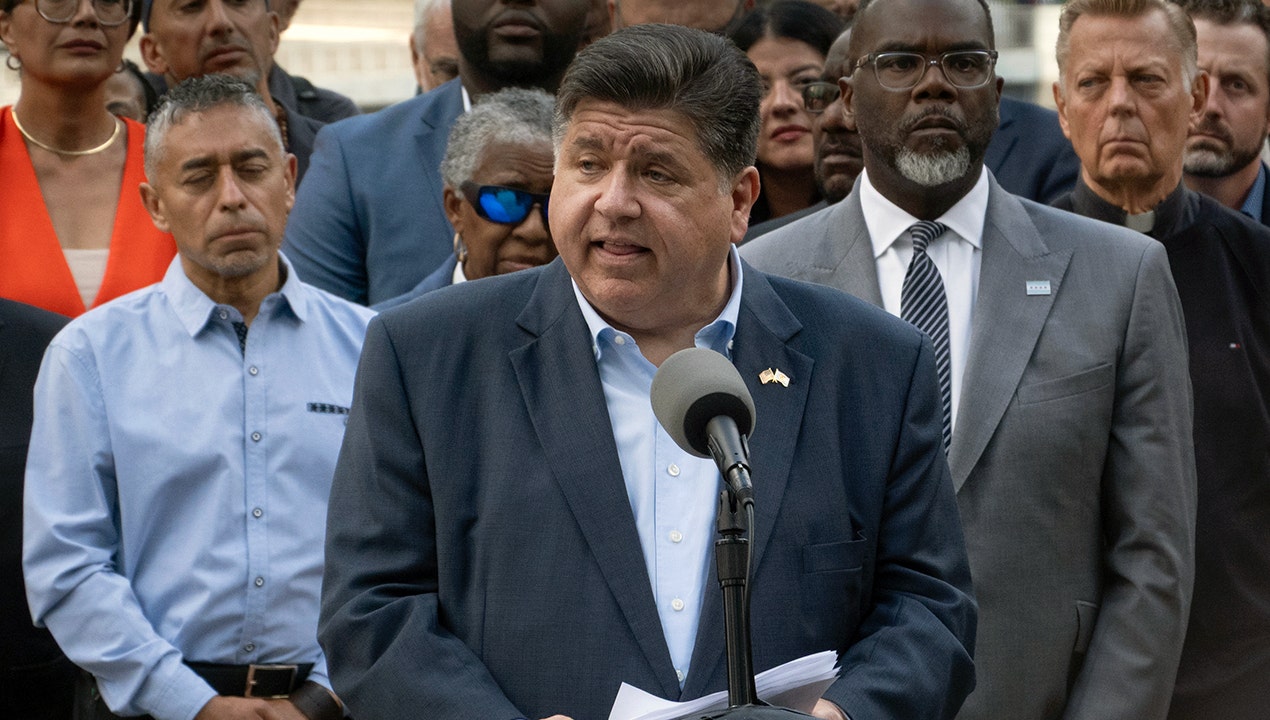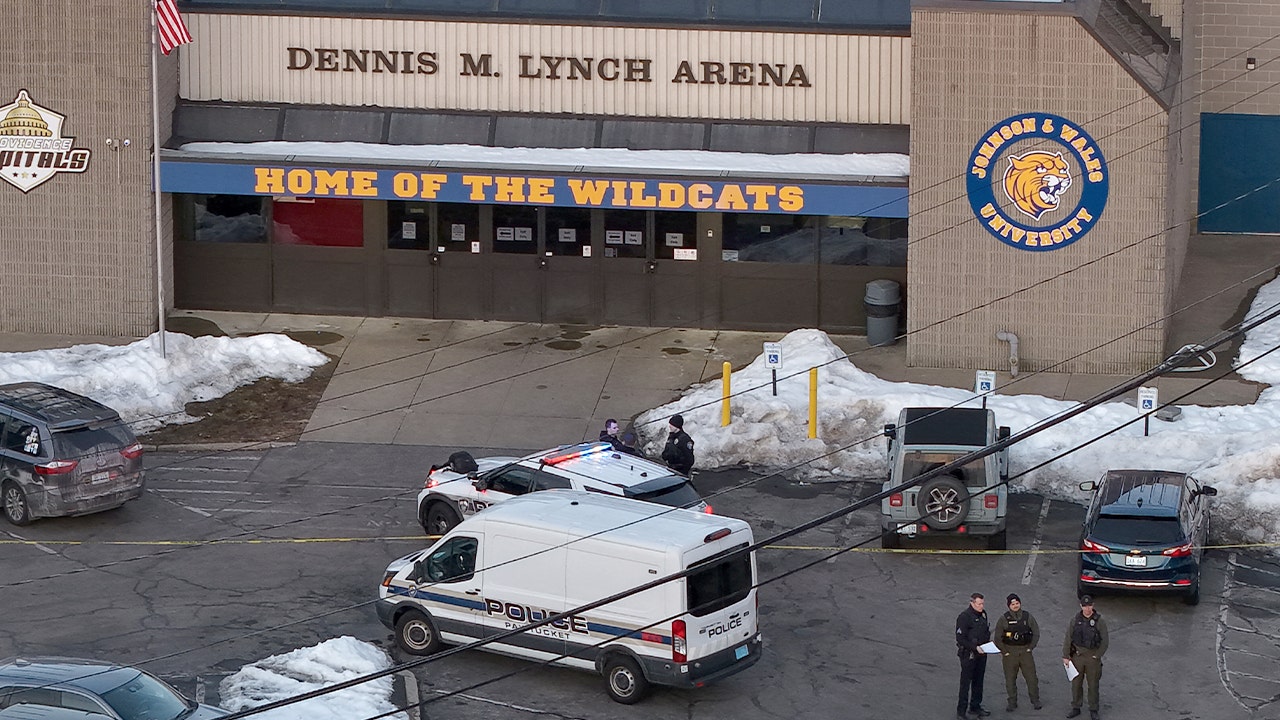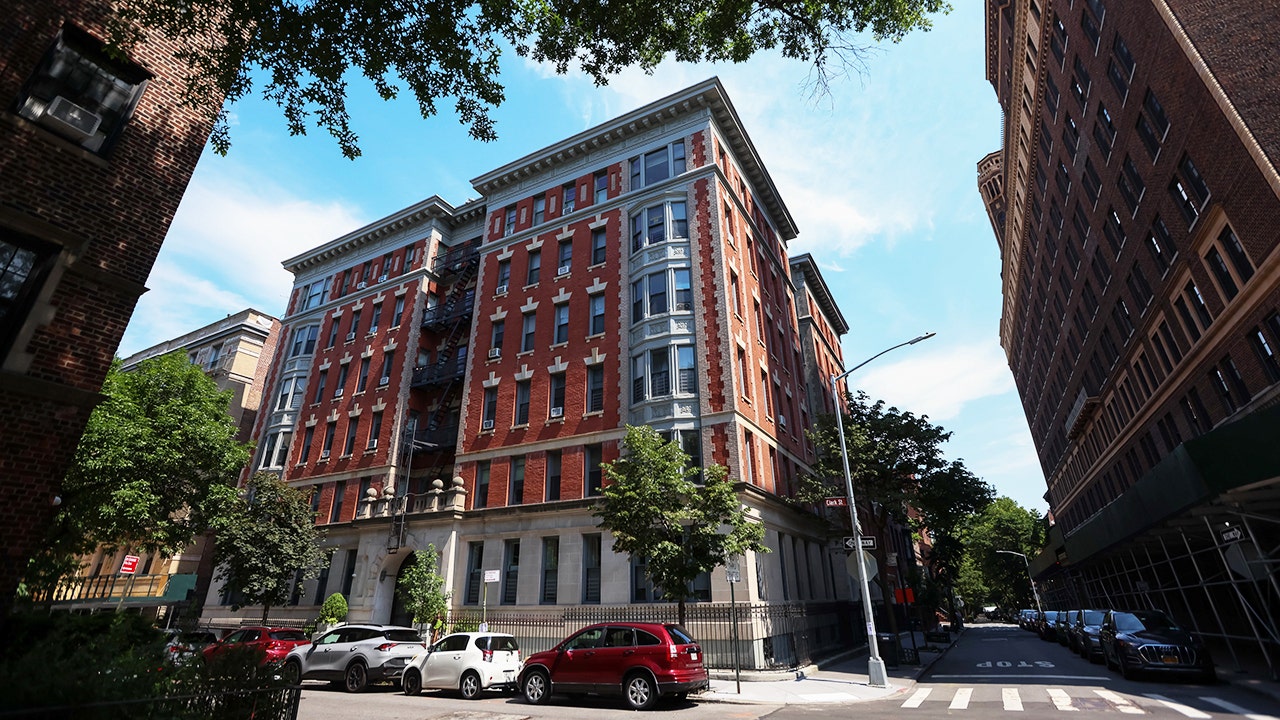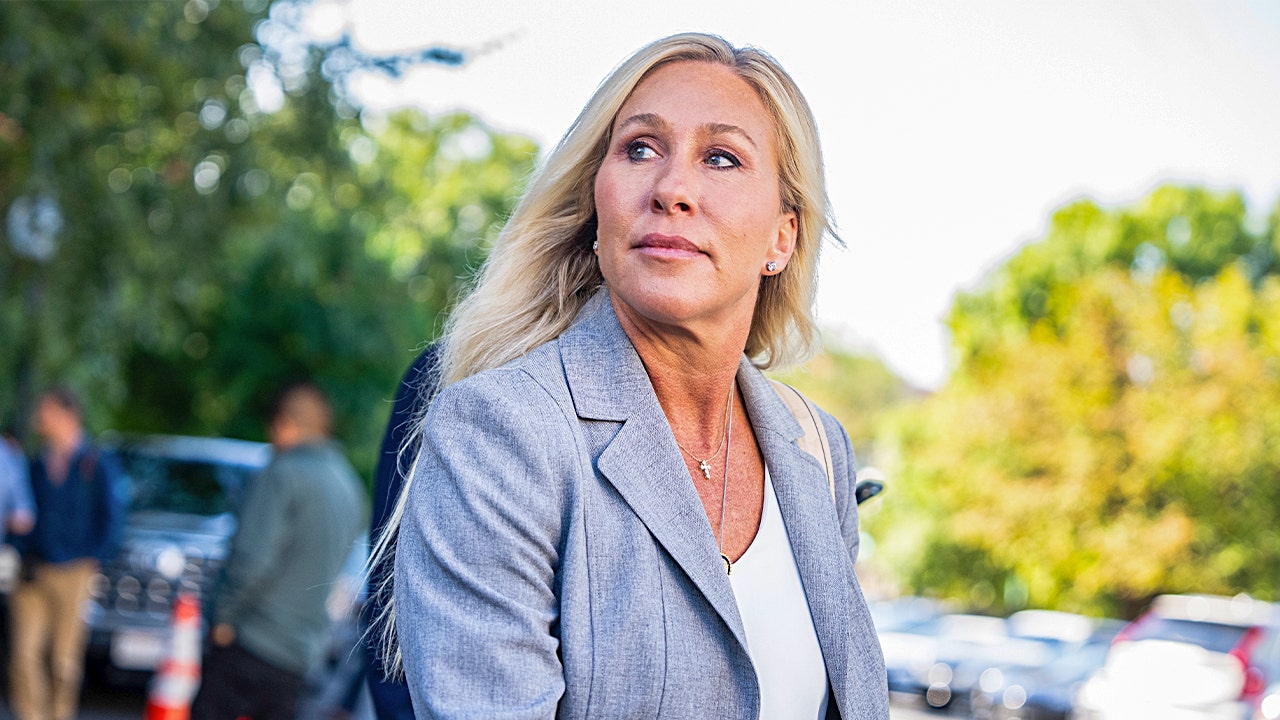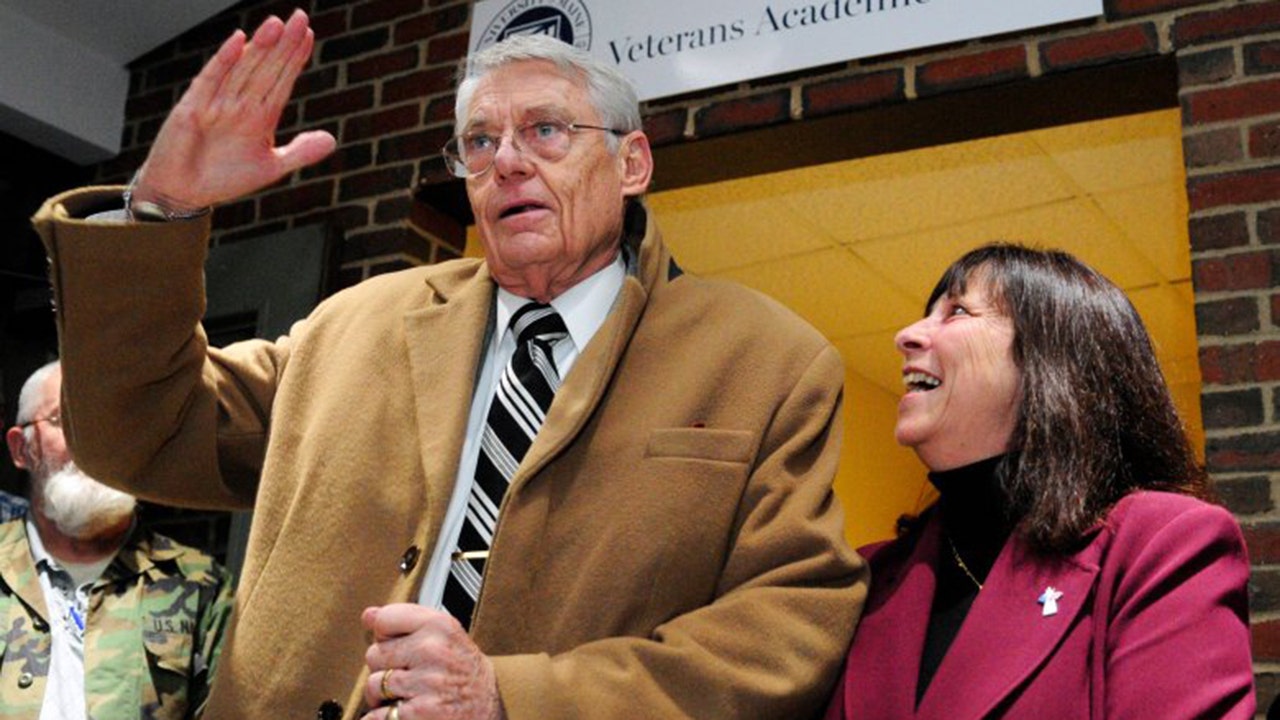First and second base in the Miami Marlins ballpark take up about the same share of space
The federal judge who halted construction of “Alligator Alcatraz” argued that the migrant detention center would cause “irreparable harm” to endangered species’ habitats. The facility takes up just 0.0005 percent of the nature preserve it is located within.
Judge Kathleen Williams, whom former president Barack Obama appointed in 2011, ruled that the detention facility “creates irreparable harm in the form of habitat loss and increased mortality to endangered species in the area.” She barred new migrants from being held there and ordered the removal of some equipment.
But the facility, which was being constructed on a decades-old airport runway, is only 158,000 square feet—a minuscule fraction of the nearly 32 billion-square-foot Big Cypress National Preserve it sits in. First and second base take up about the same share of the Miami Marlins ballpark: Each base is 324 square inches, roughly 0.0005 percent of the field’s nearly 134,000,000 square inches.
Department of Homeland Security assistant secretary Tricia McLaughlin argued that the area has been developed for years.
“This ruling from an activist judge ignores the fact that this land has already been developed for a decade,” she told the Washington Free Beacon. “It is another attempt to prevent the President from fulfilling the American people’s mandate to remove the worst of the worst including gang members, murderers, pedophiles, terrorists, and rapists from our country.”
The Trump administration began building the detention facility in June to help hold the ballooning number of illegal immigrants ICE was arresting.
Environmental groups, including Friends of the Everglades and the Center for Biological Diversity, quickly sued, arguing that construction caused harmful environmental impact. They said bright lights would bother nocturnal species like the eastern black rail, and the increased noise would affect animals that use echolocation, such as the endangered bonneted bat. Other species at risk, they said, include the threatened wood stork and the endangered Florida panther.
This isn’t the first time Williams, who did not return a request for comment, has ruled against immigration enforcement. In April, she temporarily blocked a new Florida immigration law that barred illegal immigrants from entering the state. The next month, she ruled that the state’s Republican attorney general, James Uthmeier, defied her order and held him in civil contempt of court.
Read the full article here

